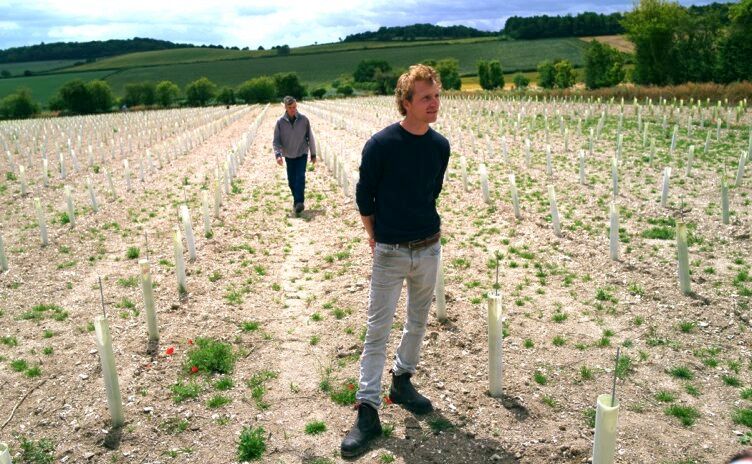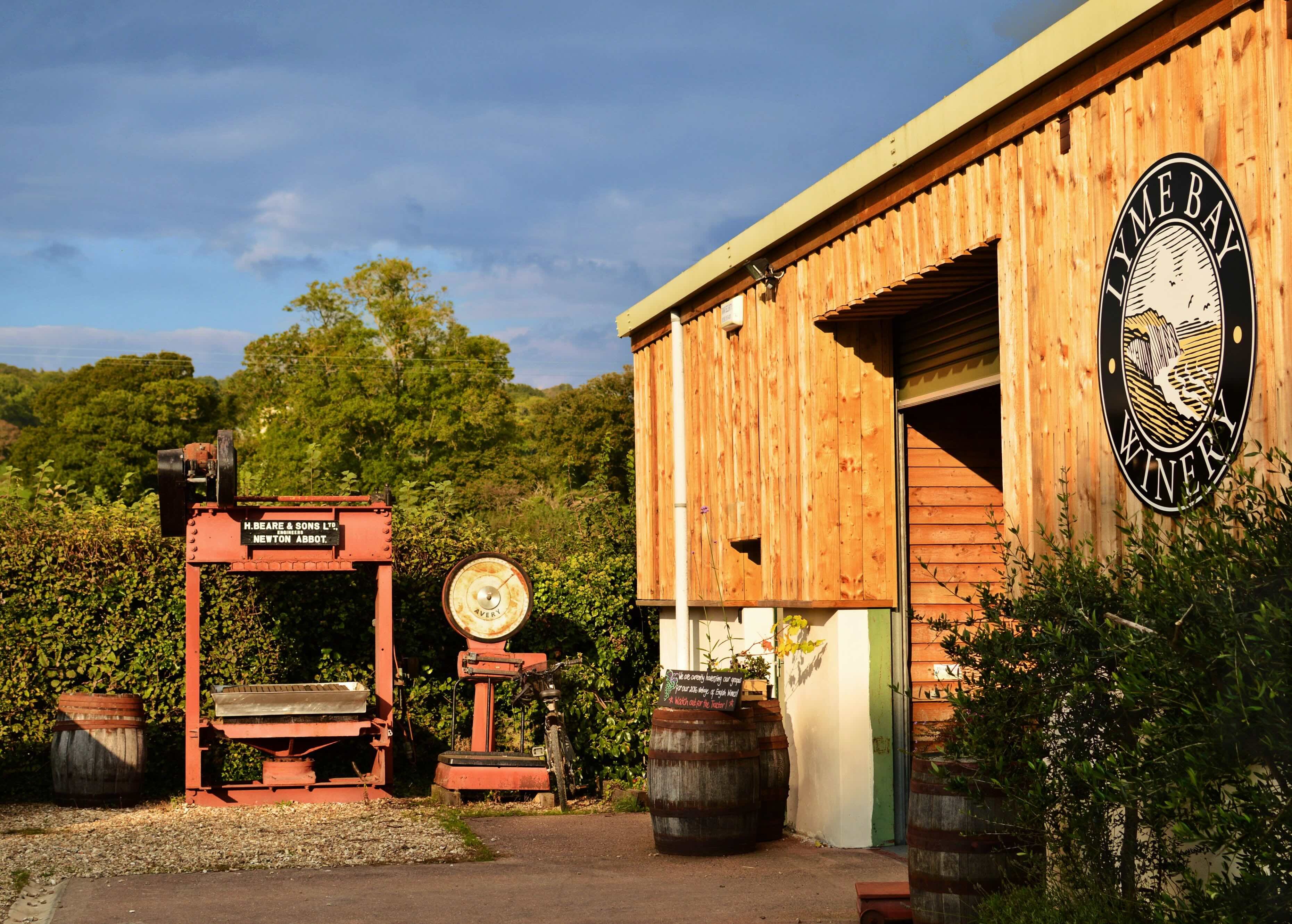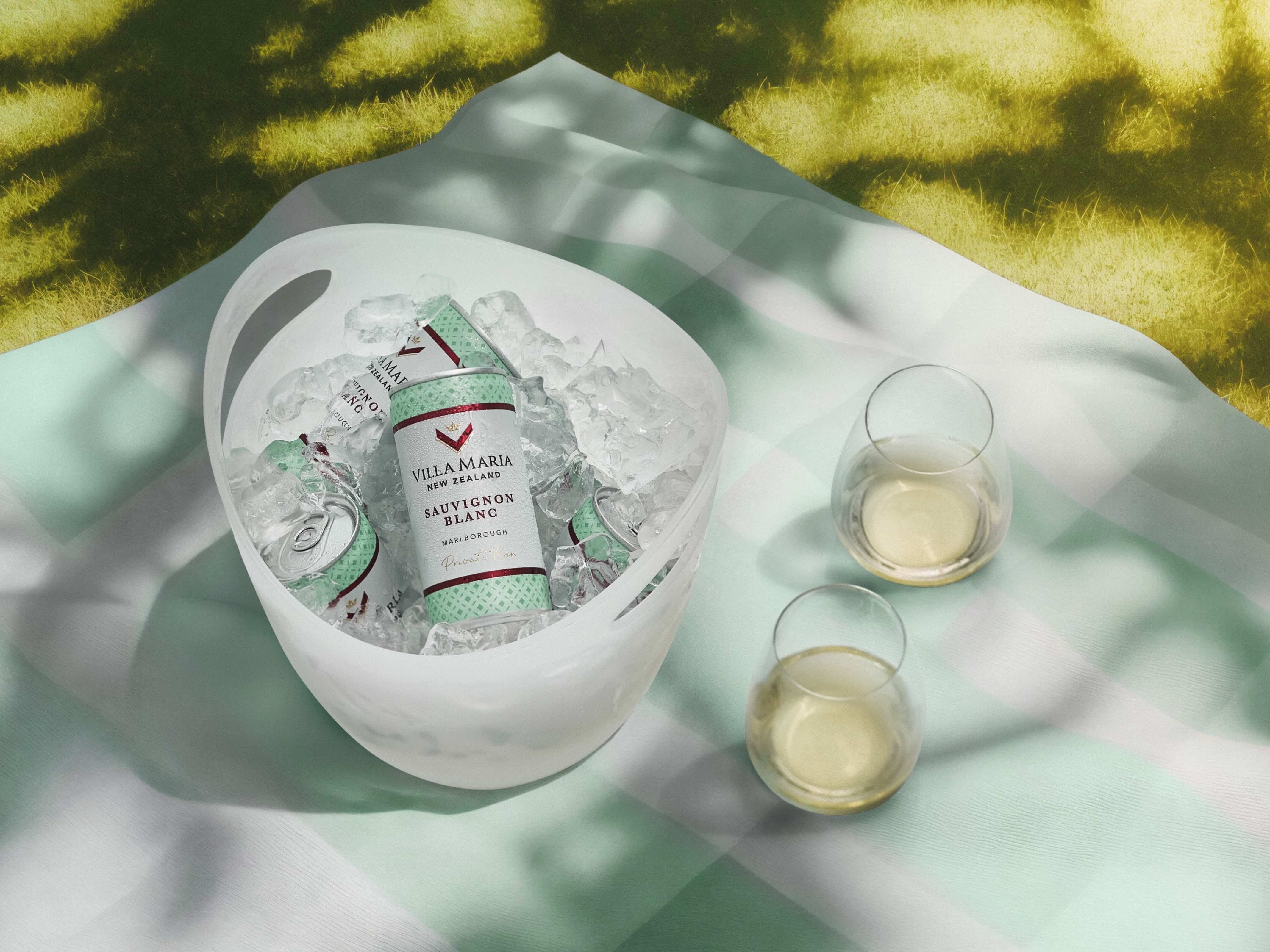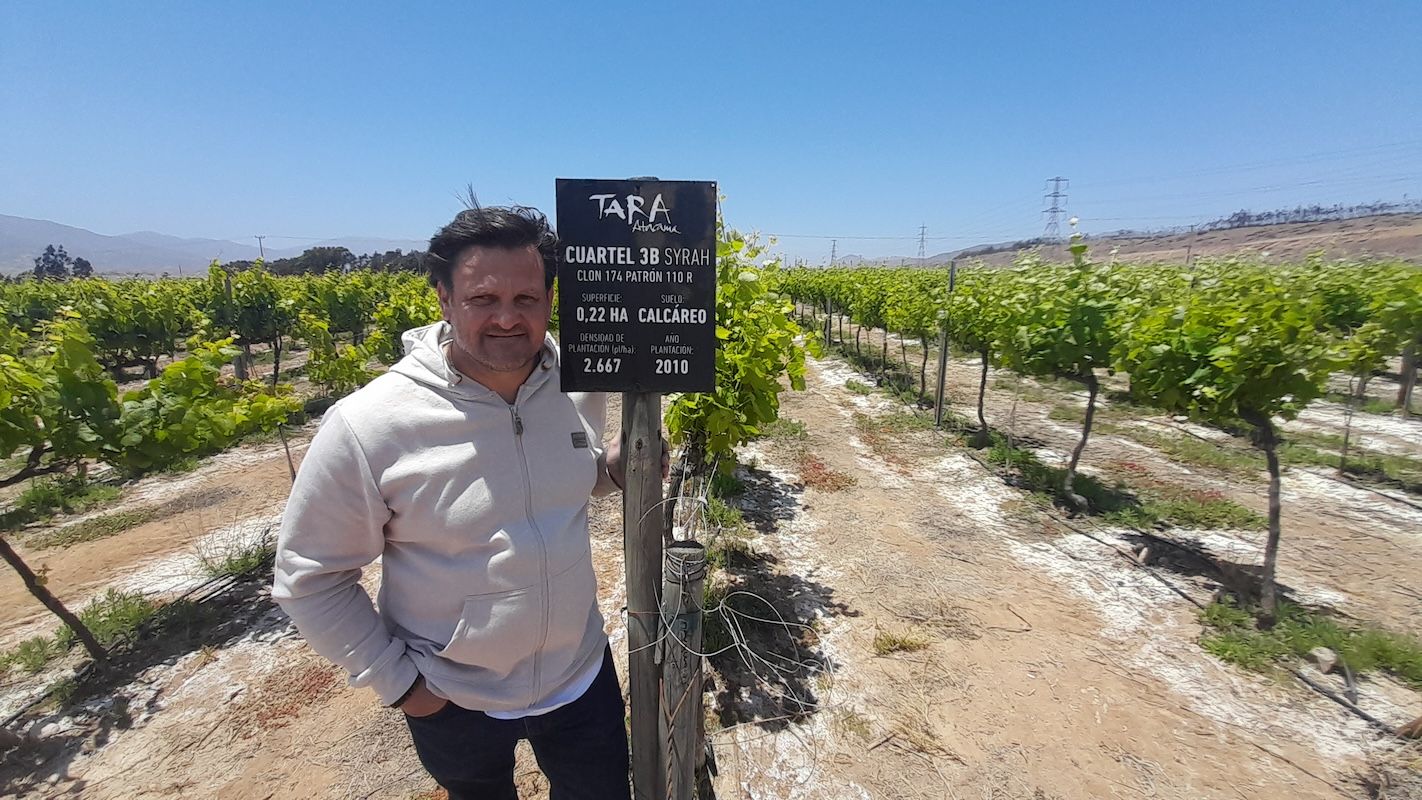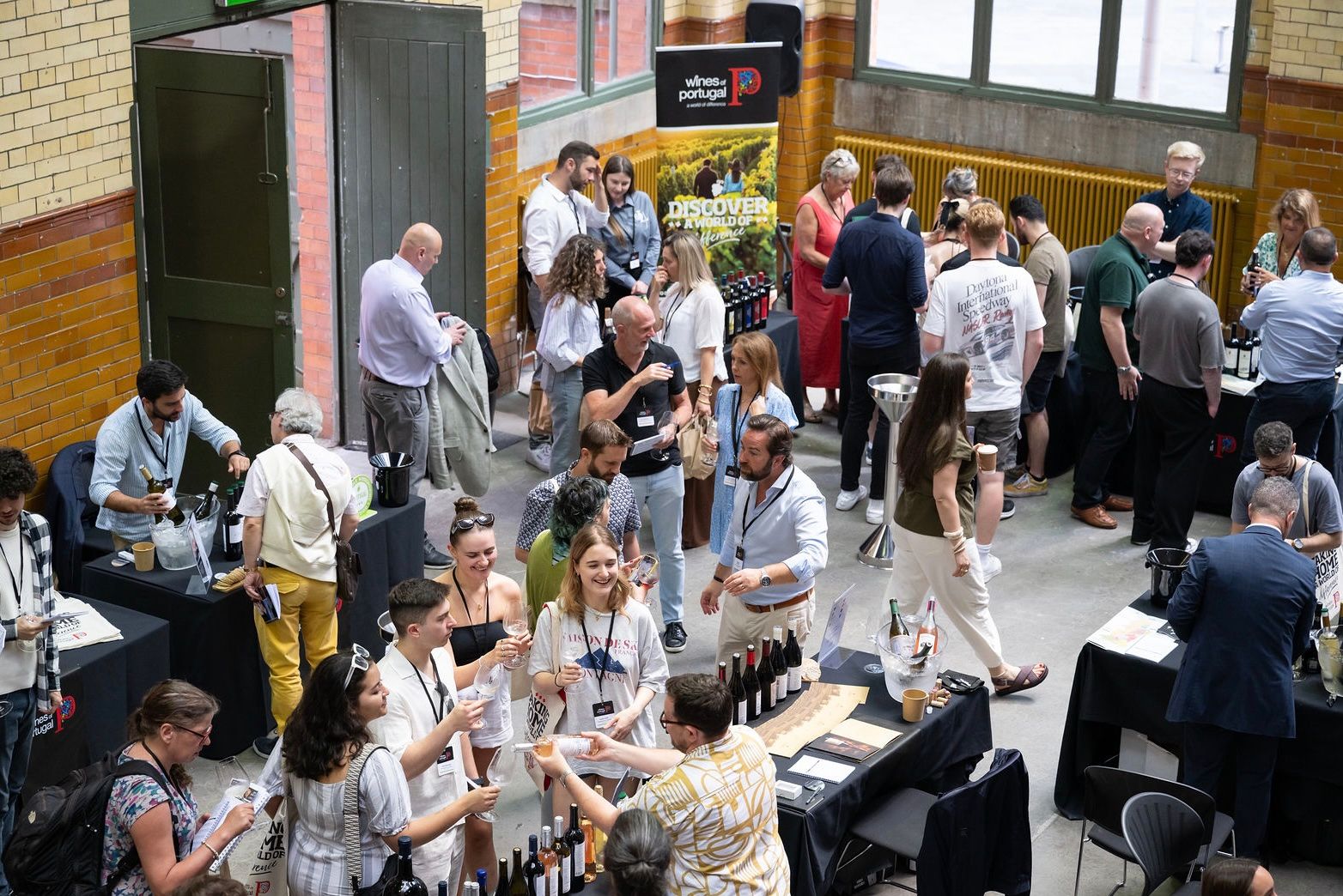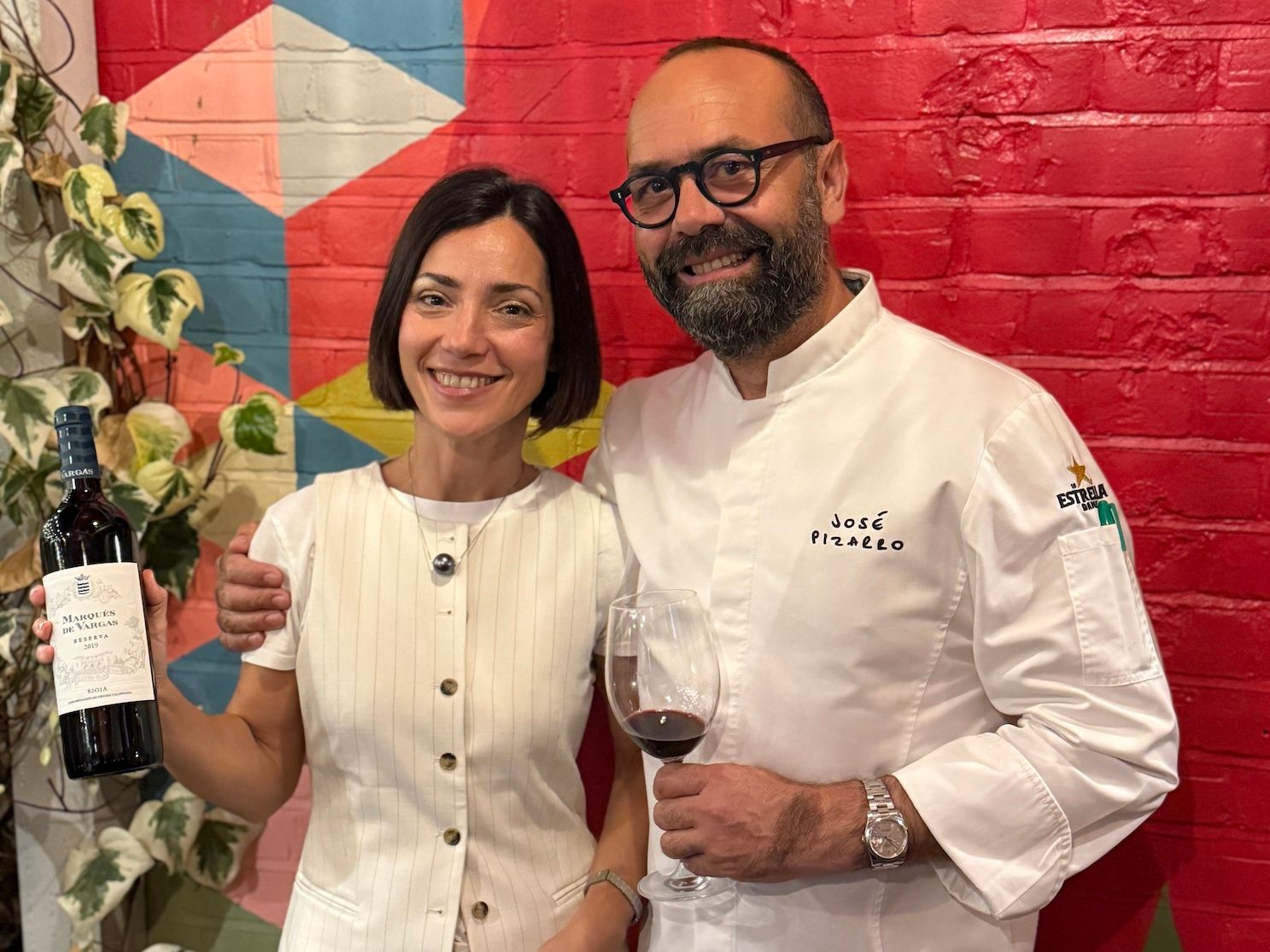It also helps Dan to know that people don’t come into a grape like Solaris with a definite idea of what a wine made from Solaris should taste like. “There are fewer stylistic constraints, and so the vintage to vintage flexibility fits with what we’re trying to achieve.”
The first time I met Daniel Ham was back in 2016. I’d just bought my wife a fairly controversial birthday present. I bought her a tent. The whole point was to get out and about around the UK during our gloriously sunny summer times. So where better to start than the rolling hills of Dorset, home of Langham Winery. I got in touch, Daniel agreed to show us round, and the rest was history. His enthusiasm for his role as winemaker was palpable, even though his first-born had just arrived and he had the tell tale new-parent-thousand-yard-stare!
I’m not going to suggest that we’ve been best buddies ever since, but I’ve definitely always kept an eye out what he’s up to, and earlier this year I had no choice but to get back in touch. He was launching his own wine label, Offbeat Wines. His aim behind the new venture is to produce pure, unadulterated, and enjoyable English wines. Given the reception thus far, I’d say he’s onto something. I spoke to him in depth recently about the journey of the last few years, and his hopes for the future of the project.
Learning the winemaking ropes
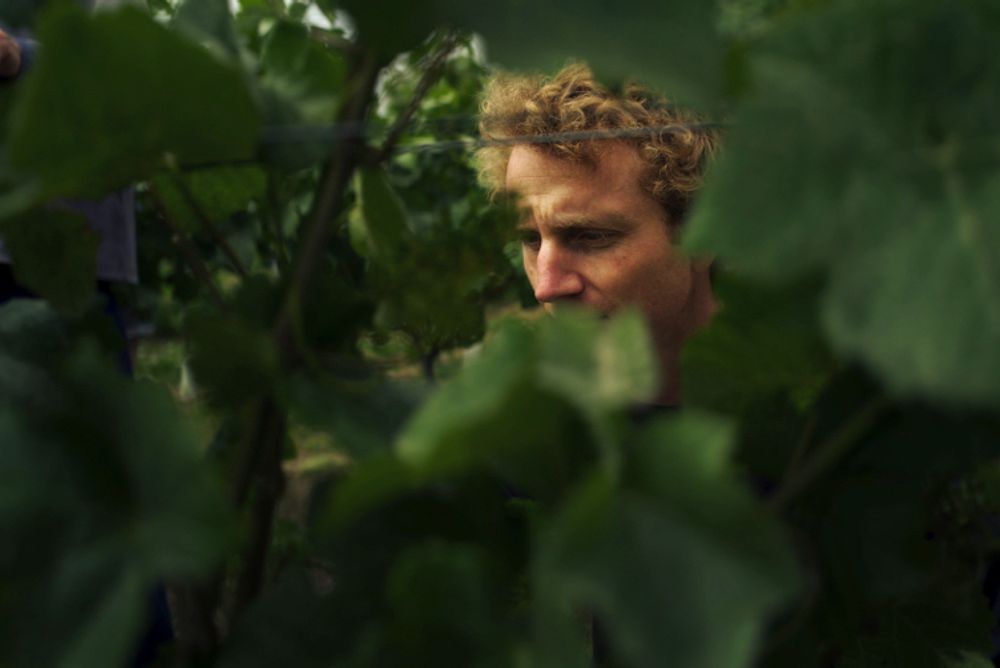
Daniel started his winemaking journey, like many in the UK wine scene, at Plumpton College in Sussex. He remembers his time at Plumpton with fondness, and the drive to make the perfect wine perfectly fit his careerist attitude at the time. A marine biologist in a previous life, he enjoyed the chemistry focus of the course under lecturers such as Tony Milanowski. He and his fellow classmates were aiming for total control as winemakers and to produce consistent quality wines year on year. That’s something a burgeoning wine scene rightly needs on the global market.
This controlled approach, however, is a far cry from his ethos in 2020 at Offbeat Wines. So what changed?
His first major job was at Langham Winery. As Daniel remembers “we were making wine in a relatively conventional way at the start. As I read more on the subject and worked day in day out in the vines, I wanted a more holistic approach.” He travelled, meeting more winemakers from around the world and saw the experimentation that was happening. He saw the beauty in the path of low intervention winemaking. “By the end of my time at Langham, the wines were low intervention and we used nearly no added sulphur compared to earlier vintages.”
The lightbulb moment, he notes, was a vintage spent working with Champagne Minière in Hermoneville, just to the North West of Reims in Champagne. He remembers that the confidence the team at this non-certified organic vineyard had in the quality of their fruit was just mind blowing. They weren’t rushed. “The fruit was ripe and clean, and most of the harvest was spent on cigarette breaks (I don’t smoke myself) and drinking wine. The relaxed atmosphere vindicated my growing belief in the power of great grapes.” It was the final piece in the puzzle for him to go and do his own thing.
Out on his own
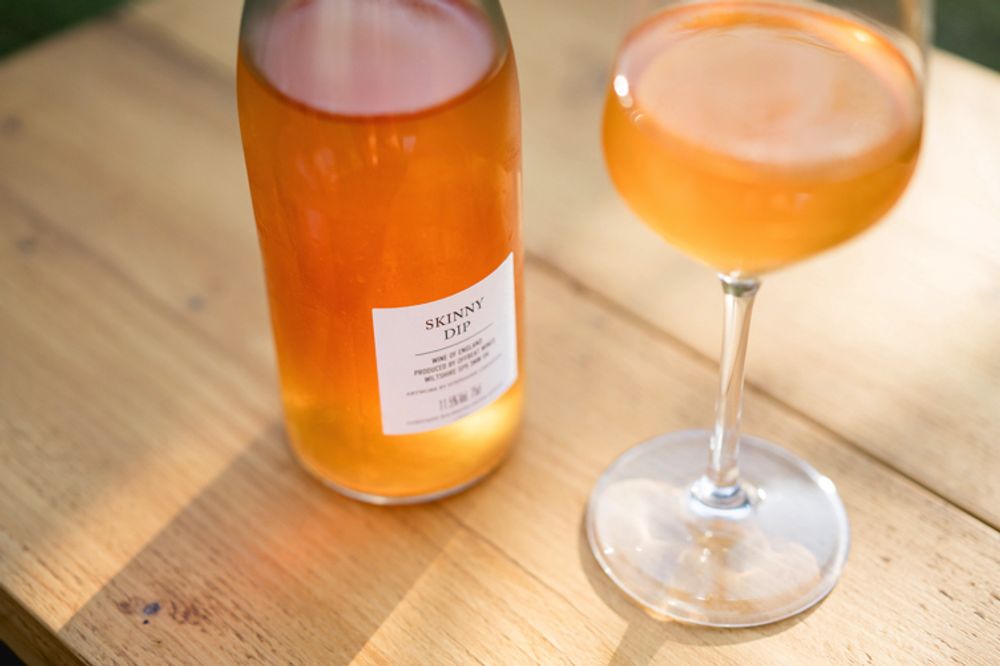
Although the masterplan was to have a small break, the switch had been flicked and he was keen to start the new chapter as soon as possible. Scraping together enough funds to get started, he went on to purchase high quality second hand equipment from Sussex and Champagne. This included a beautifully tended 50 year-old Coquard press that’s clearly a bit of a pride and joy. “The beauty of a lot of this older stuff,” he enthused, “is it’s mechanical not electrical. If it breaks, I can fix it. I like that about it.”
He admits to starting on a slightly lower budget than others might have wanted, but to him it wasn’t really an issue. It meant that he could really own the process and tightened the business plan considerably. As someone, myself, who has started a few companies, I can’t tell you how much smaller budgets focus the mind; there is never room for wastage and everything you do has to have a reason.
He also had 2000 bottles ready to go that he made in his final year at Langham (the 2018 vintage) to get some cashflow on the go. This also had the dual purpose to throw out the idea of his future plans to selected press and trade buyers. Those 2000 bottles have already all gone, and with them so have any reservations he himself may have had about the new venture.
Winemaker and chief grape buyer
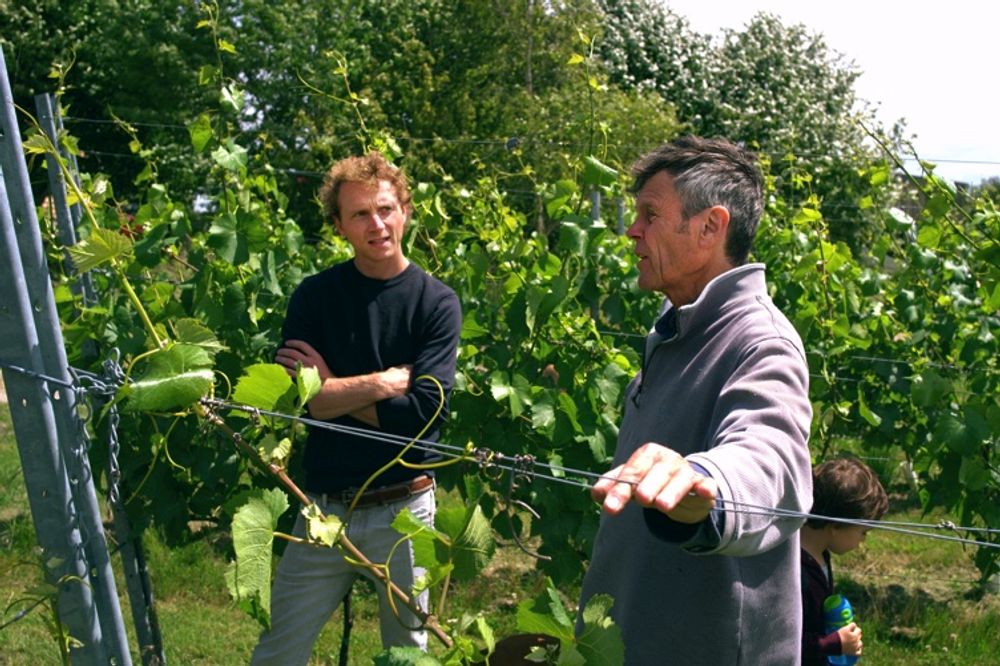
The speed at which the 2018 (and a large chunk of the 2019) vintage sold, showed him that demand was there for the styles of wine he wants to make. But sourcing the fruit that lets him do that is not so easy.“The biggest challenge is to find the organic or biodynamic fruit of the quality I’m looking for.”
For now at least, Dan is indebted to the labours of a Devonian grape grower, Kathy Archer, whose semi-commercial scale vineyard in Ottery-St-Mary started out as a little more than a vegetable patch. The grapes that suit well in the climate, especially as Kathy runs the vineyard through organic (albeit non-certified) practices, have been Solaris, Rondo, Siegerrebe, and Seyval Blanc. These might not be as sexy as the Champagne varieties, but their disease resistance, aromatics, and ability to ripen make them a sustainable choice.
It also helps Dan to know that people don’t come into a grape like Solaris with a definite idea of what a wine made from Solaris should taste like. “There are fewer stylistic constraints, and so the vintage to vintage flexibility fits with what we’re trying to achieve.”
The new winery itself is based in Salisbury, on the grounds of Hugo Stewart’s (of Les Clos Perdus fame) biodynamic vineyard at Botley’s Farm. It’s planted with Chardonnay, Pinot Noir, Pinot Meunier, and Pinot Gris. The unique vineyard has shallow top soils, quickly exposing the roots to the chalk bedrock. There is great drainage, low humidity, and a strong, clearing wind. It allows the late ripening biodynamic fruit to do so with natural protection.
New winery concentrates on sustainable energy
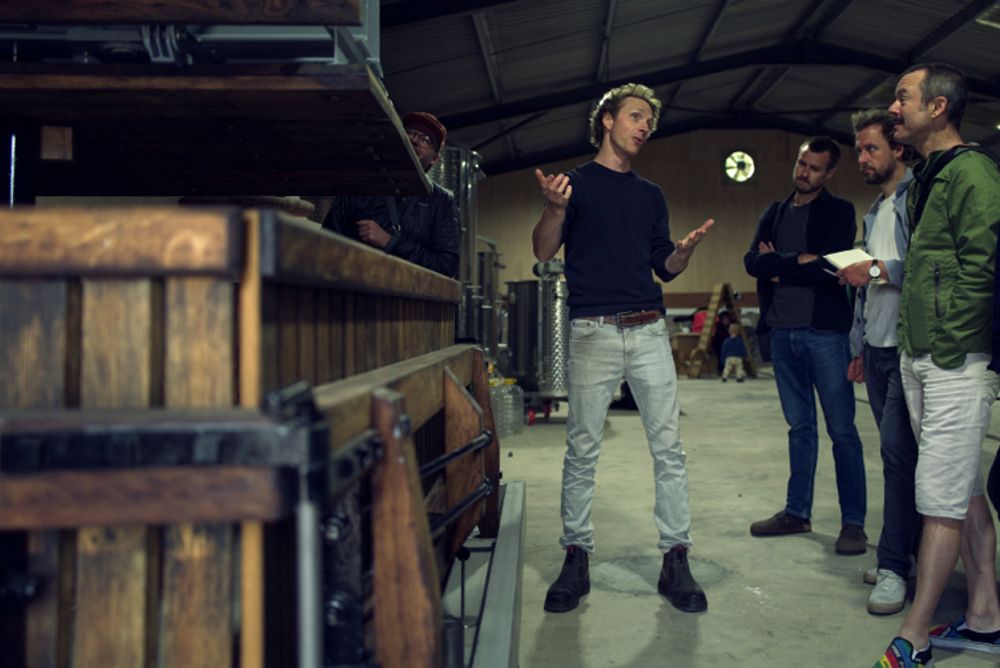
The new winery will be ready for 2020. The budget has stretched to 20 élévage barrels coming in from France, the aforementioned Coquard press, a small pneumatic bag press, and even some stainless steel in there for the carbonic maceration experiments to come.
It’s the design of the winery that more than caught my interest. Bottling is done by gravity, as in many wineries round the world now. The winery itself is powered by solar panels installed by Hugo, which produce enough power in the summer to sell some back to the grid. “Luckily,” Dan notes, “over the winter there’s not a lot of work to be done in the winery, so there’s no massive need for lots of power.” But plans are also afoot to make use of the blowy conditions, by adding a wind turbine for year round consistency.
The winery itself is partially dug into the ground and, although it currently has no temperature control requirements, there are plans for more excavation to include insulated units to make sure the wines survive well enough without the need for large air conditioning units. Coming as it does, around the time WineGB launches the UK wine industry’s sustainability definition, it shows the forethought that we can all hope will be second nature for all future winery builds.
Current sales and future plans
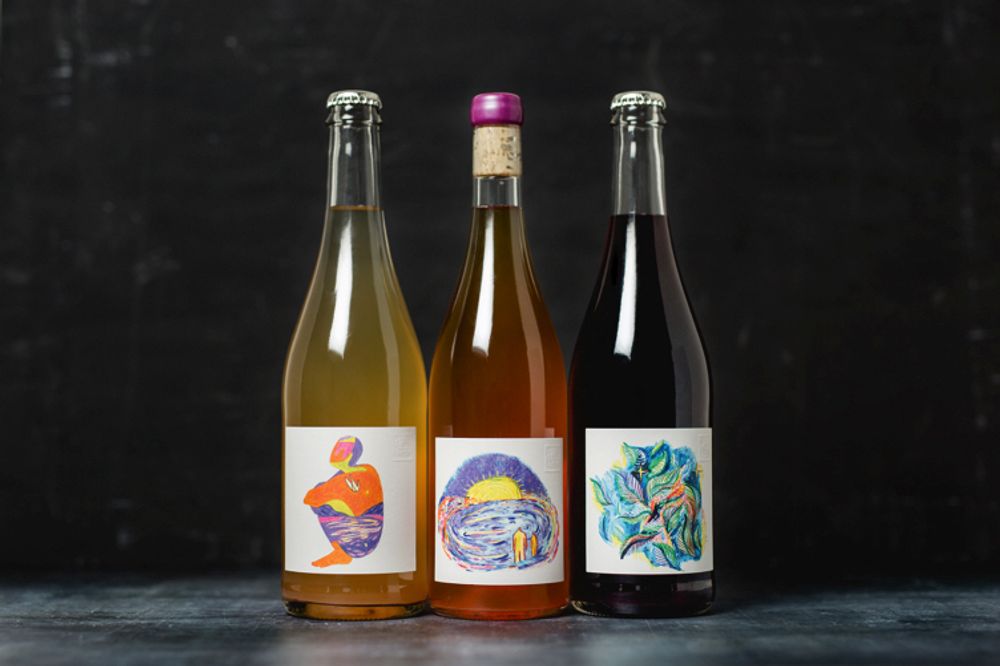
Daniel’s first three wines Mind Over Matter, a pet nat from 2019; Skinny Dip 2018 the fruit having been macerated in an Italian amphora; and Wild Juice Chase 2019 a Triomphe from a near-wild vineyard.
So far, just about half of the 2019 vintage has been sold direct. The week I spoke with Daniel, however, he’d just agreed a deal with Wines Under The Bonnet, a London-based distributor concentrated on the natural wine market. They’ve had great success with imports coming from France, Austria, and Germany, and its electric van deliveries around Central London. Daniel could of course take a bit more margin if he sold it direct, but it’s a deal that suits him well. “If you’re a one man band, doing everything yourself gets tricky,” he acknowledges. “Wines Under The Bonnet are good people and can put the wines in front of the right people, whilst I can concentrate on the winery.”
The winery will need his concentration. Next year (2020 vintage), Daniel’s aiming to at least double the output, with a 6000-8000 bottle production. He’ll return to his Plumpton roots by aiming to make around 2000 bottles of traditional method sparkling wine. The rest will stick with his love of natural and Pet Nat wines, and even expand to an English “Beaujolais-Nouveau” style from either Rondo or Triomphe.
Experience counts
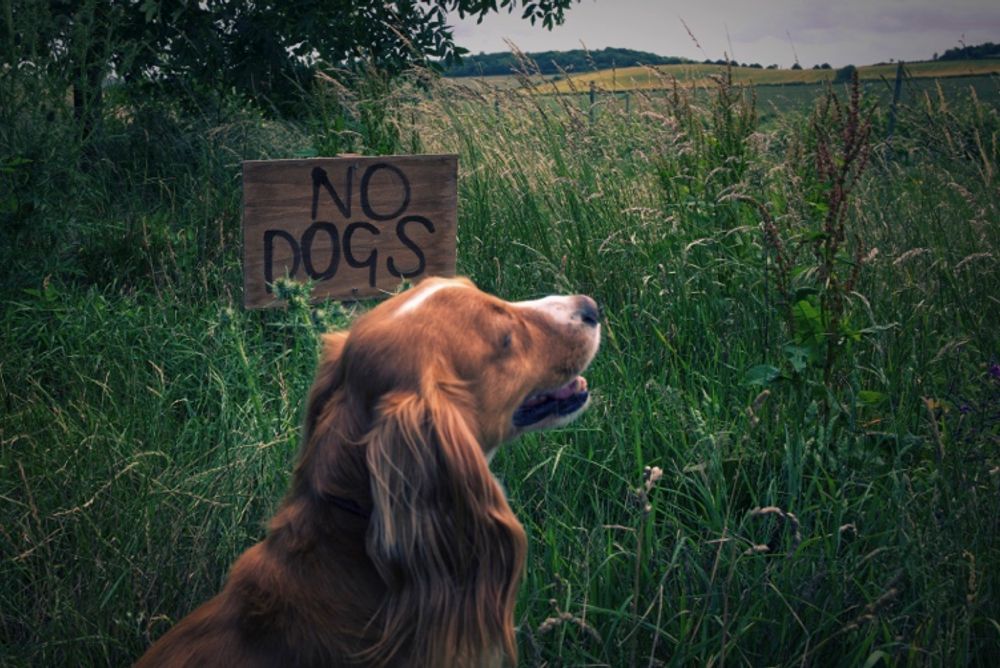
Daniel’s a winemaker with plenty to look forward to; a new winery, a young family, and a clear sense of being happier in his own skin as the years go by. “I began, straight out of college, wanting a sparkling career in a big winery, but soon realised the greater need to feel fulfilled in life as I get older.” As he’s mellowed and learned from his time in the vineyards and winery, his attitude has become much more relaxed. “It’s more important for me now to just let wine be wine.”
It’s an ethos that will ensure exciting times to come for Offbeat Wines. Watch this space.
Cheers
Daniel Ham is based at the Offbeat Winery, Botley’s Farm, Wick Lane, Downton, Salisbury, and contactable at daniel@offbeatwines.co.uk
For trade enquiries about Offbeat Wines, please contact the team at Wines Under The Bonnet on hello@winesutb.com
